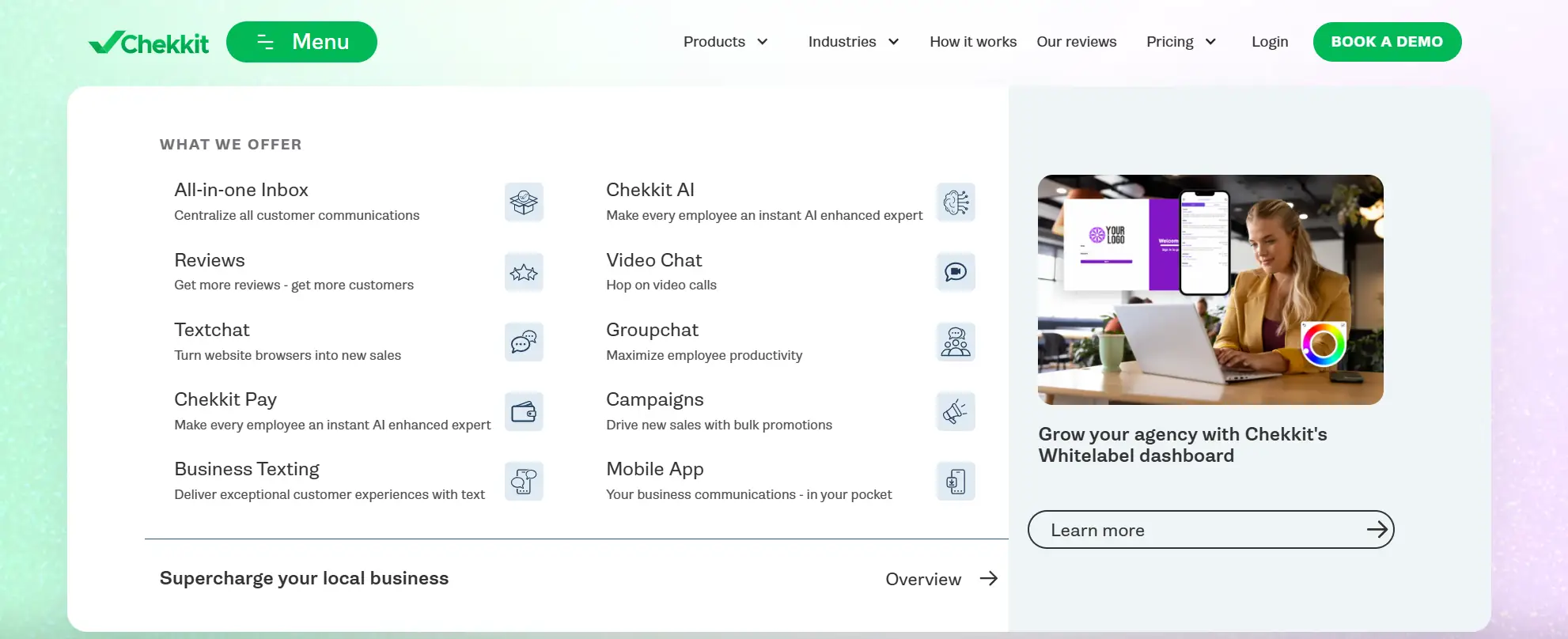Blog /
Educational

How to Become a Plumber: From Apprentice to Journeyman
Technical skills fix pipes. Business knowledge builds wealth. Most new plumbers struggle because they focus on mastering repairs but overlook crucial steps—like choosing the right apprenticeship or understanding licensing requirements.
While university graduates wrestle with student loans, plumbers earn median salaries of $61,550 annually solving problems people can't postpone. The plumbing market, projected to reach $158.6 billion by 2029, needs qualified professionals who can handle both wrenches and business operations.
This guide breaks down the exact steps to become a plumber. You'll learn which training programs lead to jobs, how to get licensed without unnecessary costs, and which tools to buy first (hint: skip the expensive ones until you're earning).
Skip College, Start Making Money: Basic Requirements
Start with an apprenticeship—you'll learn from experienced plumbers while earning a paycheck. Most programs last 2-5 years, combining hands-on work with classroom training. You'll master everything from basic pipe repairs to complex system design, all while collecting steady income.
Two paths lead to apprenticeships: join a plumbers' union or apply directly to plumbing companies. Union programs typically offer better pay and benefits but fill quickly. Company apprenticeships give you more choice in employers but benefits vary. Either way, register with your state's licensing board before starting work.
Check the requirements before applying: high school diploma or GED, valid driver's license, and minimum age (16-18 depending on the state). Expect physical work—you'll spend hours in tight spaces and lifting heavy materials. Strong math skills matter for measuring pipes and calculating water pressure. These basics separate successful apprentices from those who quit in the first year.
From Apprentice to Journeyman: Your Next Career Step
Turn your apprenticeship experience into a journeyman license. This upgrade lets you work independently, set your own rates, and take on bigger projects. Most states want 4-5 years of documented work before you can take the exam—start tracking your hours from day one.
The journeyman exam covers plumbing codes, safety rules, and installation methods. Study venting requirements, water distribution, and waste removal systems. Take an exam prep course—it costs less than retaking the test after a failed attempt. Many states make you wait months between tries.
Your journeyman license opens doors to specialties like medical gas systems and water treatment—areas that stay busy even when the economy slows. Some plumbers focus on new construction projects, others build reliable income through service calls. Pick your path based on your skills and local market demands.
Get Licensed Without the Headaches
Check your areas licensing rules before starting your apprenticeship. Some areas want you registered immediately, others wait until you're ready for the journeyman exam. Missing early requirements can delay your career by months.
Document everything from day one. Save pay stubs, work orders, and employer letters that prove your hours. Photograph complex installations—some governing bodies want evidence of your experience with different plumbing systems. Create a digital folder for each requirement to avoid scrambling later.
Buy insurance before your first solo job. Liability coverage protects you from expensive accidents. Licensed plumbers need both liability insurance and a surety bond to pull permits. Compare rates from multiple providers—prices vary widely based on experience and location. Ask potential employers about continuing education benefits—many pay for required training courses that keep your license current.
Turn Skills Into Profit: Building Your Career
Choose your career path based on your goals: work for established companies, run your own business, or specialize in niche services. Company jobs provide steady paychecks and benefits without management headaches. Running your own business takes more work but removes the earnings ceiling.
Want the highest paying jobs? Focus on commercial plumbing, medical facilities, or water treatment systems. These specialties require extra certifications but pay significantly more than residential work. Plus, commercial contracts often lead to steady, long-term relationships with property managers.
Modern plumbing demands modern tools. You'll need pipe inspection cameras, leak detection devices, and digital diagnostic tools to compete. Video consultations help you diagnose simple problems remotely, saving drive time and fitting more jobs into each day.
Stay ahead of competitors by managing your business digitally. Chekkit's all-in-one platform handles your scheduling, customer messages, and payments in one system—no more juggling multiple apps or missing important calls. When combined with solid contractor relationships and consistent marketing, these tools help you build a stable client base that generates reliable income.

Real Numbers: Costs, Time, and Profit Potential
Starting your plumbing career costs less than a semester at most colleges. Trade school programs run $1,250-$3,000 for basic certifications. Apprenticeships often cost nothing beyond your tools—you earn while learning, starting at around $48,000 annually and increasing yearly.
Your initial tool investment runs $500-$2,000 for quality basics, plus funds for essential safety equipment. Add specialized equipment gradually as you earn. Many apprentices start with second-hand tools from established plumbers, but never compromise on safety gear—proper boots, gloves, and eye protection prevent costly injuries.
Licensing fees vary by region but typically include:
- Apprentice registration: $50-150
- Journeyman exam and license: $200-500
- Insurance and bonding: $500-2,000 annually
- Continuing education: $500-3,000 per year
The investment pays off quickly. Licensed journeymen earn a median of $64,660 annually. Master plumbers running successful businesses often earn over $100,000 yearly. Emergency calls and overtime work add significant income—many plumbers earn extra during nights and weekends when rates double.
Planning to start your own business? Expect initial costs between $10,000-$50,000. This includes a service vehicle ($10,000-$50,000), advanced equipment ($2,000-15,000), plus insurance, licenses, and marketing costs.
Most successful plumbing companies start small, reinvesting profits into growth rather than taking on heavy debt. Focus on building a solid reputation first—word-of-mouth marketing brings better clients than expensive advertising.
Key Takeaways
The path to becoming a plumber takes time and dedication, but the financial rewards make it worth the effort. Start with an apprenticeship to learn while earning, then progress toward your journeyman license. Track your work hours carefully—detailed records speed up your licensing process later.
Once established, use modern tools to grow your business. Chekkit helps plumbers manage customer relationships, schedule jobs, and collect payments all in one place. Plus, our business texting feature lets you respond to service calls faster than competitors still using phone calls and emails.
Ready to modernize your plumbing business? Book a free demo to see how Chekkit helps plumbers save time and win more jobs.
-01.svg)










%20copy.svg)




























.avif)
.avif)
















